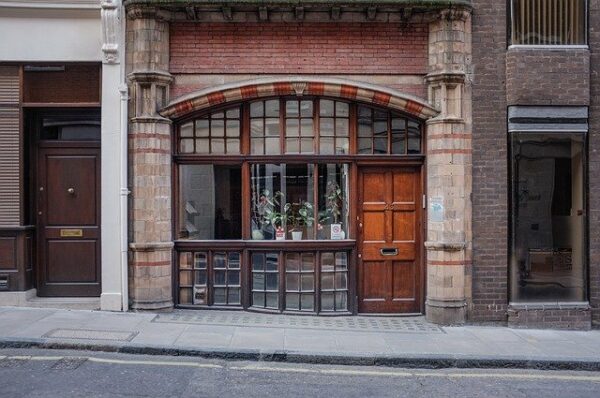Boutiques are among the most common types of business that you will find anywhere there is a human settlement. It is easy to set up, and getting clients is never that hard since fashion is always on-trend and demand. But how exactly do you go about the business of starting a clothing store of your own? Is it really as easy as many make it out to be, or do you have to do the back-breaking work like any other business? The following are some of the things you have to keep in mind when starting your boutique.

Find Your Niche
There are very many types of clothing, and finding a specific type to focus on would be much easier and more successful than simply dealing with everything. You have to decide whether you want to sell children’s, women’s, or men’s clothes. If you choose to go with female clothes, you will have to decide whether you want to go with dresses only or pants and suits. The only way your boutique will stand out among the sea of many is if you specialize in a particular type of apparel. Find a niche then conquer it.
Find a Good Location

You will need a strategic location to set up shop, a place that has heavy human traffic. It could be near a business center, in a mall, or somewhere close to a college. You can also set up a store at home if you have the space; all you will need is a prefab container from a modular home manufacturer; however, this will only work if the house in question is owned by you and has enough space. The shop has to be big enough to accommodate several people as you will have a lot of customers who would want to try out clothes before purchasing. Do not go for a space that will drain your capital through rent; find something within your budget range.
Create Your own Designs

Most boutique owners are retailers and nothing more. They get supplies from somewhere else and sell them at marked-up prices to make a profit. However, you stand to reap more if you are a designer yourself with some background in apparel and fashion design. Selling your own creations will help you stand out more since your products will be unique to you only and cannot be replicated by another person without your consent.
Create Social Media Pages and a Website

Owning a physical location is only half the job; in today’s market, lacking a website and an extensive social media reach is akin to committing financial suicide. You will not grow or sell as much as you should be. People spend more time on their phones, which provides the best medium to reach them quickly. In fact, setting up social media pages and e-commerce websites moots the need for a physical store since products can be delivered to the clients at a moment’s notice.
Your Budget

You can only do so much as far as your budget can allow. You will need considerable capital to nail down a location, open an e-commerce website, purchase inventory, and hire staff if the need arises. The initial capital alone can run into thousands and millions, depending on the size of your project. Come armed with a financial war chest that will cushion you from the turbulent first year as you will be relying more on your savings before profits start kicking in.
Marketing

You will be competing with thousands of other boutique owners looking to have a piece of the cake. To be able to fight off fierce competition and to stand out, you will need to undertake an aggressive approach when it comes to marketing your venture. Make use of all the avenues available to you, especially your social media pages. Grow your online following with interactive engagements with people and offering them incentives until they get hooked to your products.
Be Ready to Scale Up
Clothes do not have a sell-by date, and they move pretty first once you have established yourself firmly in the market. With this in mind, have a contingency fund somewhere that you can dip into at any moment if you happen to expand rapidly. The common mistake many businesses make is the inability to plan for unforeseen growth. You must be ready to scale up since that is an opportunity that will not come around twice.
Study Your Competition
You will most likely be in close proximity to other boutiques if your shop is in a busy mall or business center. Study your competitors closely, find what they are missing, and build on plugging that gap. If they are outselling you, find out what it is that they are doing differently, then improve on that. Turn that close proximity into an advantage instead of a handicap.
Conclusion
Like any other business, starting a boutique demands dedication and considerable sacrifice. You may have to forget your social life for a while if you want to stand any chance of success. The initial phase is usually the hardest, but once you have gained the attention and trust of people, it becomes a smooth sailing experience from then on.

















